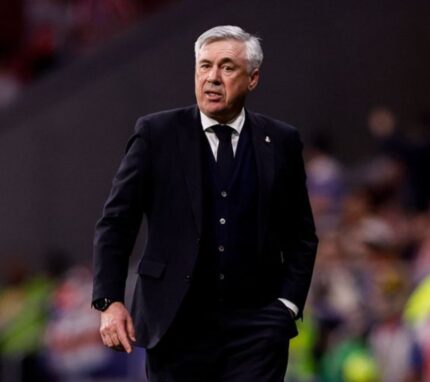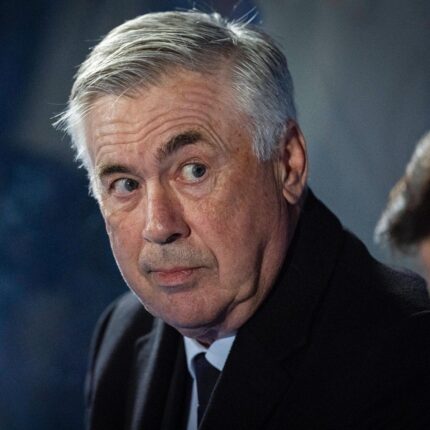In a bold and historic move, Alejandro Domínguez, the president of the South American Football Confederation (CONMEBOL), has proposed that the 2030 FIFA World Cup be expanded to include 64 teams. The announcement was made during his opening remarks at CONMEBOL’s 80th Ordinary Congress on Thursday. Domínguez emphasized that the centenary edition of the World Cup deserves a celebration unlike any other, given that it will commemorate 100 years since the inaugural tournament in Uruguay in 1930.
“We are convinced that the centennial celebration will be unique because 100 years are celebrated only once,” said Domínguez. The idea, first floated in March by a delegate from Uruguay during an online FIFA Council meeting, has now been officially presented to FIFA. The expansion would double the number of teams from the traditional 32, turning the 2030 edition into the largest World Cup ever staged.
A Truly Global Tournament Across Three Continents
The 2030 World Cup is already set to make history by being hosted across six countries on three continents. Uruguay, the host of the original 1930 tournament, is scheduled to stage one match. Other co-hosts include Argentina, Paraguay, Spain, Portugal, and Morocco. Domínguez argued that this widespread hosting arrangement further supports the rationale for a larger tournament.
“That is why the CONMEBOL is proposing, for the first time, to hold this anniversary with 64 teams, on three continents simultaneously,” Dominguez explained. The expanded format is seen as a symbolic gesture that reinforces the unity and inclusiveness of football on a global scale, reflecting the sport’s growth and popularity over the past century.
Expanded Slots Could Ensure Full CONMEBOL Representation
One of the most compelling arguments for the proposed expansion is that it would likely secure a place in the tournament for all ten CONMEBOL member nations. This includes Venezuela, the only South American country that has never qualified for a FIFA World Cup. Domínguez highlighted the inclusiveness of the new format as a key benefit.
“This will allow all countries to have the opportunity to live the world experience and so nobody on the planet is left out of the party,” he said. With more slots available, smaller nations with growing football programs would have an improved chance to qualify, experience the world stage, and boost the sport’s development in their regions.
Criticism and Resistance from UEFA and Other Stakeholders
Despite the enthusiasm from CONMEBOL, not everyone supports the idea. UEFA President Aleksander Čeferin has labeled the 64-team proposal “a bad idea.” Critics argue that such an expansion could dilute the competitive quality of the tournament and undermine the value of the qualification process, especially in stronger confederations like Europe and South America.
Skeptics believe that the increase in teams could lead to an overload of matches and logistical complications, particularly with a tournament that would already span three continents. Furthermore, questions have been raised about how FIFA would handle scheduling, travel, and fan coordination for what could become a 128-match mega-event.
FIFA’s Response and the Road Ahead
FIFA has confirmed that it is aware of the proposal but has yet to make a formal decision. The governing body is expected to review the proposal thoroughly, weighing logistical, financial, and sporting implications. The idea comes at a time when FIFA is already preparing for an expanded 48-team World Cup in 2026, which will be hosted by the United States, Canada, and Mexico.
If CONMEBOL Proposal approved, the 2030 World Cup would be the most ambitious and wide-reaching tournament in the history of the sport. While the final decision lies with FIFA, the proposal by CONMEBOL has undeniably ignited a global conversation about the future of football’s most prestigious event. As the world inches closer to the centennial celebration, the debate over tradition versus expansion is only just beginning














